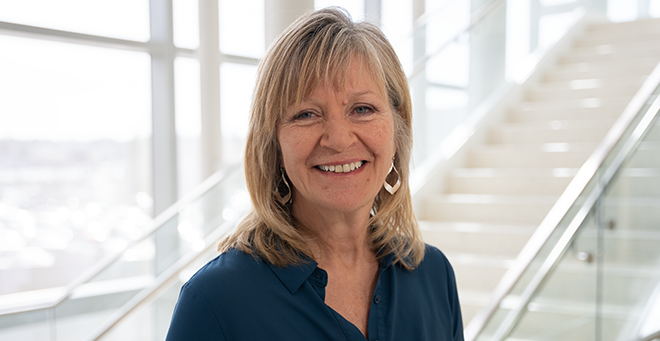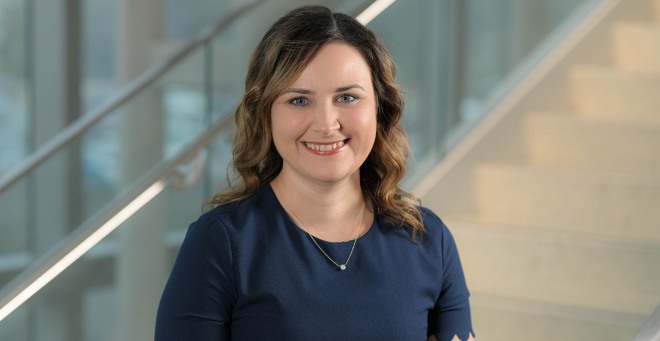
A recently released report detailing the decline in youth mental health was compiled by dozens of leading scientists and experts from across the globe, including Maryann Davis, PhD, professor emeritus of psychiatry at UMass Chan Medical School.
The Lancet Psychiatry Commission was designed to provide the first comprehensive worldwide view of youth mental health, identify the threats and opportunities to the mental health of youth ages 12 to 25 (climate change, COVID-19 pandemic, social media, etc.), and support and promote potential new models of youth mental health care.
“The global truth is that we have to recognize that this age group has unique needs, and that our mental health care needs to address them in that unique way.”
The report shows that over the past two decades, the mental health of youth has declined, with a spike in the past four years as a result of the COVID-19 pandemic. The paper highlighted other “megatrends”: environmental, social, economic, political or technological changes influencing increased mental health issues among adolescents and young adults.
“There are a number of themes we identified as modern challenges that were making a massive impact on youth mental health, namely the intensifying of climate change, social media and the COVID-19 pandemic,” Dr. Davis said. “The paper is making a global case and raises the issue that the discrimination against individuals with mental health conditions can be extreme and gets in the way of providing any kind of reasonable care. This is a time in life when young people all over the world can struggle with their mental health.”
In speaking to particular changes faced by youth ages 18 to 25 in the United States, Davis said, “We have to be thinking about young adults. They are the population and age group that remains under-recognized and underserved. They’re the most likely group to be suffering with mental health conditions and with substance use disorders. We still have this disconnect between the period when you go from being a legal child to a legal adult, and that age group really isn’t being attended to.”
“The global truth is that we have to recognize that this age group has unique needs, and that our mental health care needs to address them in that unique way,” Davis added. “It has to be tied to cultural expectations and cultural meaning, has to be individualized, and should be focused on prevention and treatment.”


